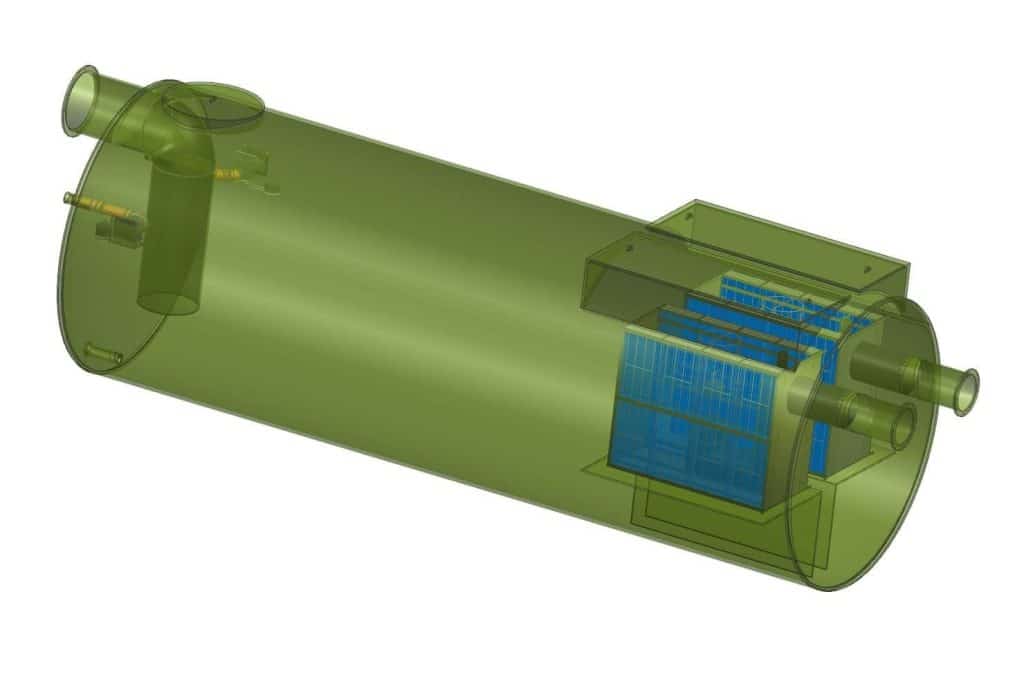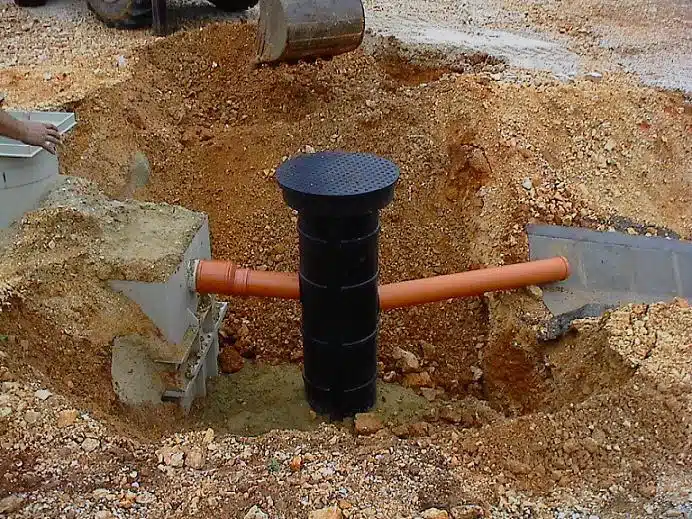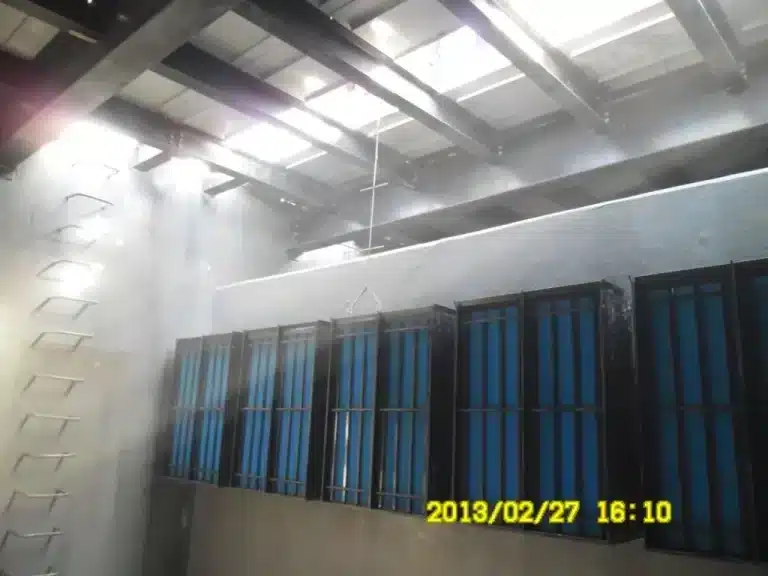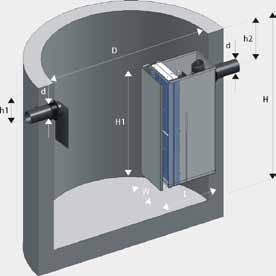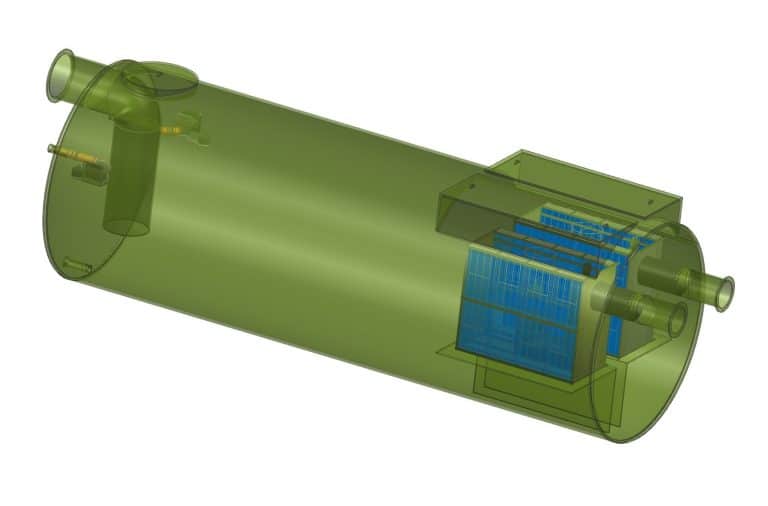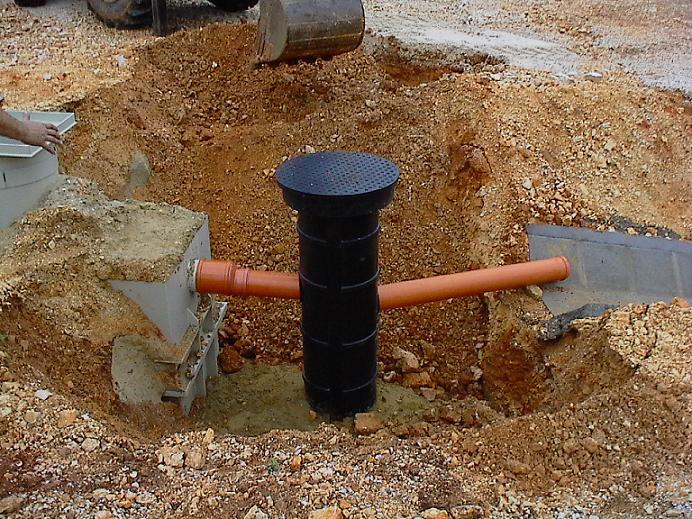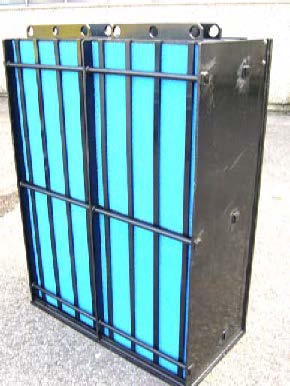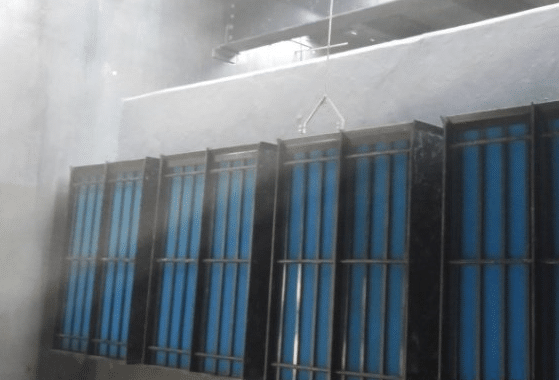Are underground oil water separators the unsung heroes of West Virginia’s mining industry? These hidden champions play a key role in keeping the state’s coalfields safe and green. They are vital for separating oil and water in mining, making sure workers stay safe and the environment stays clean.
In West Virginia’s tough terrain, coal mining is big, and below ground OWS systems are a must. These technologies boost mine safety and make coalfield work more efficient. As rules get stricter, these systems are key to keeping water clean.
Since 1991, companies like Freytech Inc. have led in creating eco-friendly solutions for tough wastewater problems. Their top-notch stainless steel oil water separators remove 99.9% of oil and solids from waste, setting a new bar in the field.
Key Takeaways
- West Virginia Below Ground OWS are vital for West Virginia’s mining industry
- These systems ensure efficient oil-water separation in underground operations
- OWS technology contributes to improved mine safety and environmental compliance
- Advanced separators can remove up to 99.9% of oil and solids from waste streams
- Custom-engineered solutions are available for complex wastewater challenges
Understanding Below Ground Oil Water Separators in West Virginia
Below ground oil water separators are key in West Virginia’s mining world. They handle wastewater from mining, keeping the environment safe and following the law. Let’s look at what they do, why they’re important, and the rules they must follow.
Definition and Function of Below Ground OWS
These tanks are big and can hold more than 1,320 gallons. They’re made from concrete, steel, or fiberglass. Their job is to separate oil from water in mining. This keeps our water clean and makes mining safer.
Importance in West Virginia’s Mining Industry
In West Virginia’s mining, below ground OWS systems are a must. They manage wastewater, protect groundwater, and help with methane monitoring. These systems work with ventilation to make mining safer and reduce harm to the environment.
Regulatory Framework for Below Ground OWS
The West Virginia Aboveground Storage Tank Act covers below ground OWS in mining. It’s all about keeping our water clean for people and businesses. Following these rules is a must for mining companies. It keeps the environment safe and mining safe.
The Role of Below Ground OWS in Coalfield Operations
Below ground oil water separators (OWS) are crucial in West Virginia’s coalfields. They handle wastewater and prevent pollution. They also process petroleum products stored underground and moved to surface tanks.
OWS systems catch water runoff and leaked fluids from tanks. They send this mix to separators for processing. This is essential for keeping mining sites clean and running well.
Coal seam mapping finds the best spots for OWS installation. Proper placement ensures effective wastewater management across the mining area. Roof support techniques also help in setting up OWS, making sure underground structures are strong.
Blast design affects OWS performance too. Controlled explosions can change water flow patterns. Smart blast planning keeps OWS efficient by reducing disruptions to water collection systems.
These separators work with other mining processes. They help keep operations safe and productive while protecting the environment. By managing wastewater, OWS systems make coalfield operations in West Virginia safer and more efficient.
West Virginia Below Ground OWS: Advanced Technologies and Innovations
West Virginia’s mining industry uses the latest Below Ground Oil Water Separators. These systems are key in handling water pollution. Thanks to new tech, they work better and more efficiently now.
Enhanced Coalescing Technology
Now, Below Ground Oil Water Separators have enhanced coalescing technology. This tech helps separate different oils from water better. It gets rid of free oil, motor oil, diesel, gasoline, and jet fuel. This is great for West Virginia’s varied mining needs.
These separators are crucial in storm water systems. They process runoff to meet the US EPA’s Clean Water Act standards. With effective oily water treatment, facilities protect the environment and dodge big fines.
Separation Efficiency and Discharge Limits
West Virginia’s Below Ground OWS are now super efficient at separating. Some can get down to 5 PPM, beating the 10 PPM limit in North America. This means better environmental safety and following mining rules in West Virginia.
Freytech Inc.’s Contribution to OWS Technology
Freytech Inc. has greatly improved OWS technology. Their separators can even separate tiny amounts of emulsified oil, down to 0.1 PPM. This innovation makes Below Ground Oil Water Separators in West Virginia mining more effective, setting new water treatment standards.
Environmental Impact and Compliance in West Virginia Mining
West Virginia’s mining industry has strict rules to protect water and public health. These rules make sure mining doesn’t harm the environment. Companies must follow the Aboveground Storage Tank Act and other laws.
Below Ground Oil Water Separators (OWS) are crucial for meeting these standards. They keep oil and water apart, stopping pollution. By using OWS, mining companies lessen their environmental harm and stay on good terms with regulators.
It’s important to keep an eye on things to stay compliant. This means watching methane levels in mines to avoid gas dangers. Good ventilation systems are also key for clean air and safe working conditions. These steps help West Virginia mining be both productive and eco-friendly.
Keeping OWS and other systems in good shape is vital for ongoing compliance. Mining companies should check these systems often and fix any problems quickly. This way, they avoid big fines and keep the state’s natural resources safe for the future.
Installation and Maintenance of Below Ground OWS Systems
Setting up and taking care of Below Ground Oil Water Separators is crucial in West Virginia’s mining world. These systems are key to keeping the environment safe while helping mining work smoothly.
Site Assessment and Planning
Before putting in a West Virginia Below Ground OWS, experts do a detailed site study. They consider the mining operation’s needs and the area’s environmental conditions. This ensures the right system size and design for each spot.
Installation Process
Installing Below Ground Oil Water Separators in West Virginia follows strict guidelines. Workers dig the correct hole and place the separator just right. It gets connected to pipes for dirty water in and clean water out. Every action must align with state laws and industry norms.
Regular Maintenance and Monitoring
Regular upkeep is a must for Below Ground OWS systems. Teams regularly inspect and clean the separators, removing oil and dirt. They also fix any issues and test the water to ensure it’s clean. As regulations evolve, mining companies might need to update their systems to meet new standards.

